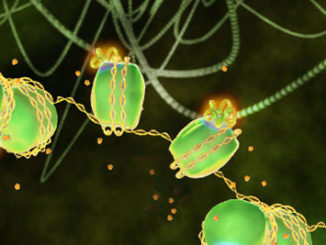Could Poor Sleep and Histone Modification Degrade Your Memory?
Impaired sleep is a common issue that plagues many people. Not getting enough rest can lead to moodiness, cognitive decline, increased anxiety, and difficulty concentrating or remembering things. It’s estimated that 50-70 million adults in the US have sleep or wakefulness disorder, according to the CDC. But, for something so crucial to our lives, sleep is still shrouded in mystery. Interestingly, previous research has uncovered a link between sleep disorders and memory. Other studies have even shown that short-term sleep [more…]





